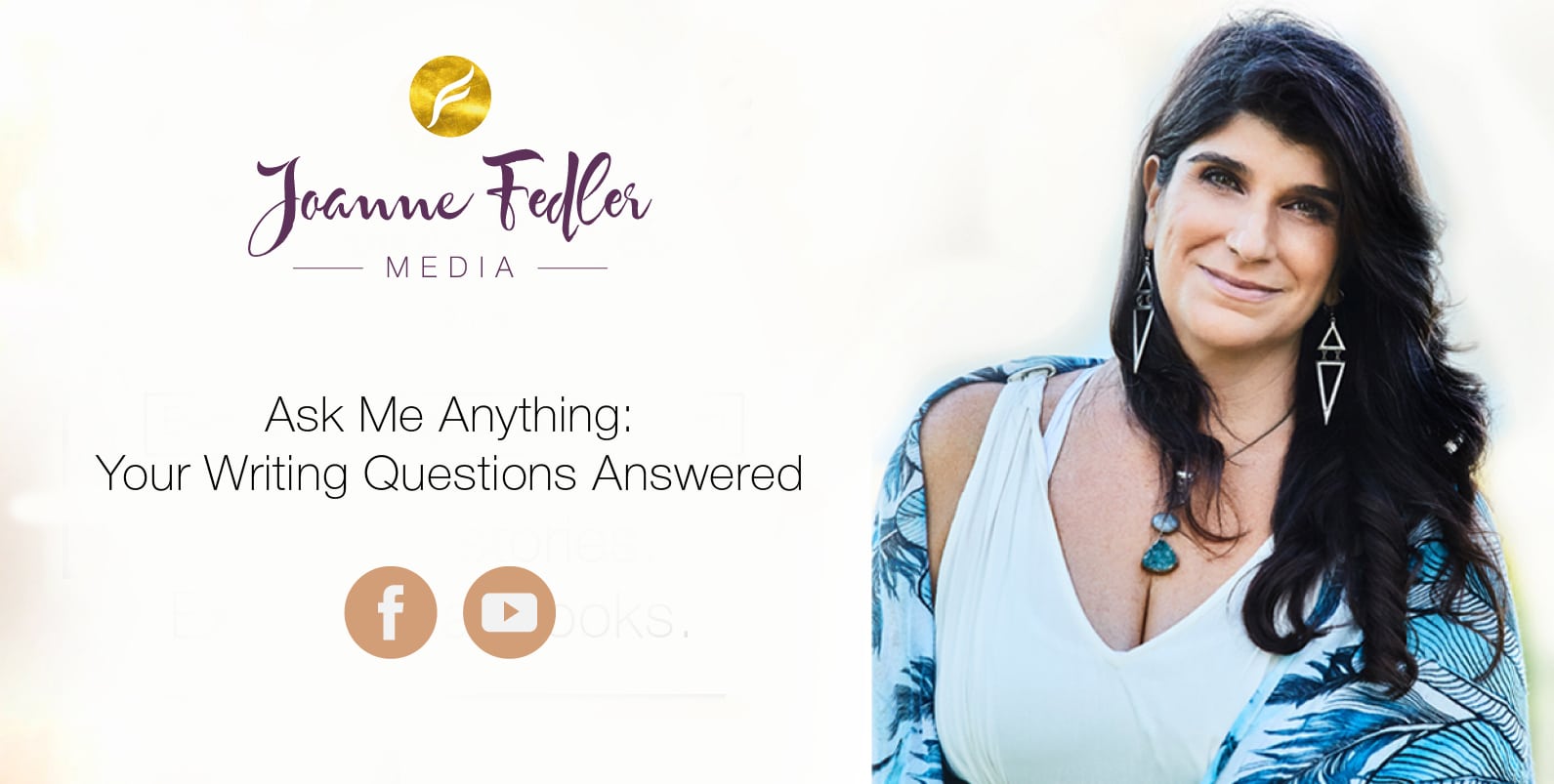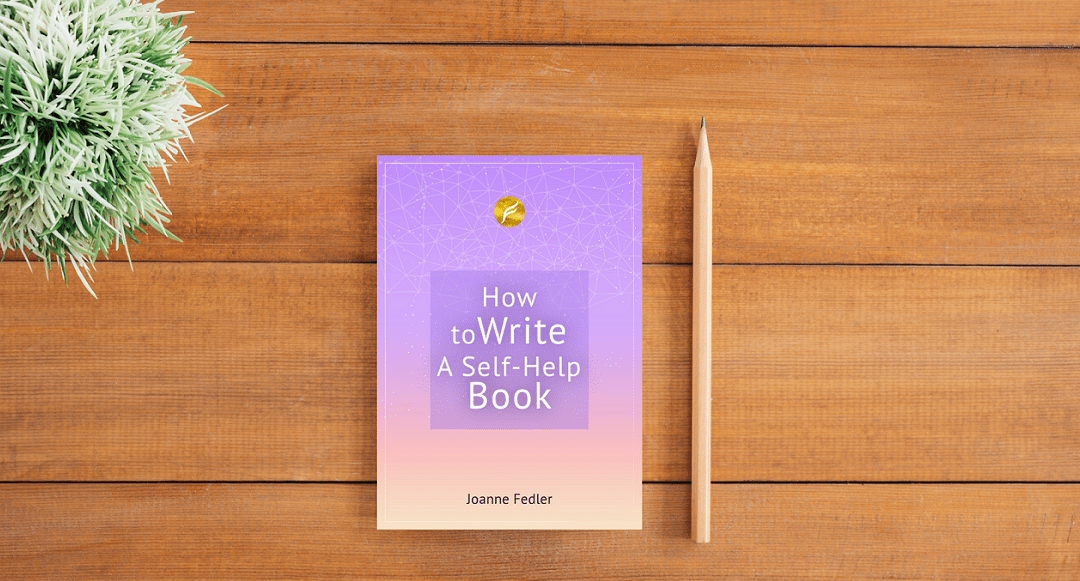
How to Make Readers Part of Your Success When You Launch Your Book
How to Make Readers Part of Your Success When You Launch Your Book
How to Get Your Readers to Become Part of Your Success as You Launch Your Book
The purpose of launching you book is to get people to buy your book after all your hard work.
To do this properly, you need to understand why people buy books.
People buy books either because:
- they care about you, the author (friends, family, fans) and want to see you succeed;
- they care about what you’re writing about (the topic of your book) and want to understand more about it.
You probably have no control over the first one, but it is your job to execute on the second one. Getting people to care about what you have to say is all about how you communicate the value of your book and market the book.
Marketing your book is about expressing how your book will:
- help your reader,
- solve a problem for them,
- somehow enhance their lives / inspire them.
When asking people to support you, remember to think about what’s in it for them and make sure that you articulate this.
Otaku is a Japanese word for ‘those who are obsessed and recommend something as a result.’ Your job is to try and find a fan base who will become such promoters of your book, that they will share and talk about it. Seth Godin claims we need 1,000 true fans to get our book out into the market – and they will do the work for us by telling others how fabulous it is (of course, this means we have to write a remarkable book in the first place).

Joanne Fedler
Author, writing mentor, retreat leader. I’m an internationally bestselling author of nine books, inspirational speaker and writing mentor. I’ve had books published in just about every genre- fiction, non-fiction, self-help, memoir – by some of the top publishing houses in the world. My books have sold over 650 000 copies and have been translated in a range of languages. Two of my books have been #1 Amazon bestsellers, and at one point the German edition of Secret Mothers’ Business outsold Harry Potter- crazy, right?
Five Factors to Consider About Our Readers
- Even if our book is called ‘How to Become Happy, Healthy and Wealthy’ – we cannot assume that readers will understand what’s in it for them. We must express why our book is unique and different from other books in the market and why readers should buy it (if not for them, then for someone in their life who may need the book)
- People are busy – we must make it easy for them (one click, an intuitive landing page)
- Everyone wants to feel part of something – people like to feel included in an inner circle, so we can offer this as an option where readers can get extra value for buying or reviewing our book early
- We shouldn’t assume readers understand why it’s important to buy our book on a particular day or review it before a certain date – we need to explain the process to them so that they understand why we are asking them to do things
- I operate on the assumption that people are generous – they want to support us so we must be able to ask for help (early readers, reviews, sharing on social media, buying more than one copy of our book).
Insights from my Early Adopter campaign when I launched my book, Love in the Time of Contempt:
- During the writing of the book, I shared my thoughts, insights and asked opinions of my Facebook community – what do you think? What were your teenage years like? So many people shared their stories that I was able to include these in my book (always ask permission to share someone’s story and if they are okay about you using their real name, and make sure to thank them in the acknowledgements)
- I got buy-in from the start from a small, committed group of 200 readers who were excited about the topic
- Though not everyone can write a book, everyone likes to feel part of a book – this is because we are no longer in the Author as Oracle era, but rather in the Author as Spokesperson era. If our book does a good job of expressing how others feel about something, readers are gracious and generous about sharing it
- I set up a secret Facebook group for Early Adopters – I asked readers for help (they got a free PDF copy of the book a month before the book came out and in return, I asked them to simply leave an honest review on Amazon – this alone got the book to #1 on Amazon in its category for a few days)
- I explained why I was asking people to review the book before a certain date and how this would help me get visibility in an oversaturated market. I explained to my community how Amazon works and that to rank high you need reviews and sales within a short period of time – people were then informed and keen to help
- I created a competition and partnered with others who have the same target market (mothers of teenagers). They donated prizes which I was able to give away in the closed Facebook group.
Author Potential Profile Assessment
Discover your hidden strengths as well as the areas you need to build on to become an author.
Principles to Live by as You Launch Your Book
- Connect with your readers – your readers are your greatest asset – make sure that you keep them in mind at all times. Change the focus of your thinking – your book launch is not about you, it’s about your readers and how your book will make them feel and enhance their lives. If your book promotes certain values, ways of thinking or sheds light on a particular topic or marginalized group, then talk this up.
- Say please and thank you – ask for help, acknowledge those who help you and reward them when they do
- Give before you ask people to give to you. Generosity and service are the core values that should always be at the heart of everything we do as authors.







